ECONOMY
RBI keeps policy rates unchanged, assures of accommodative policy
- IBJ Bureau
- Feb 11, 2022
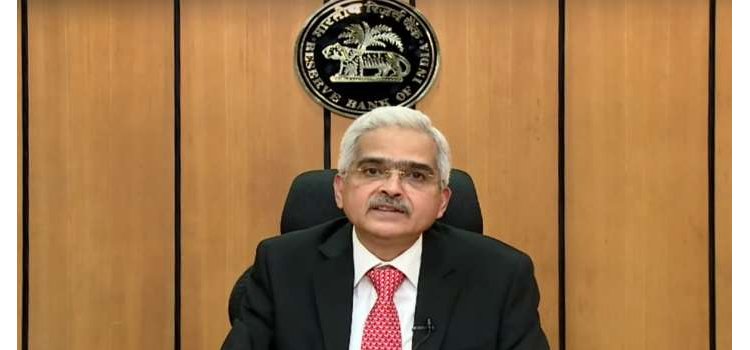
The Reserve Bank of India (RBI) on Thursday held its key lending rates steady at record-low levels for the 10th straight meeting to support a durable recovery of the economy from the COVID-19 pandemic.
RBI Governor Shaktikanta Das said that the Monetary Policy Committee (MPC) decided to hold the lending rate, or the Repo Rate, steady at 4 per cent, and the Reverse Repo, or the rate at which it absorbs excess cash from lenders, unchanged at 3.35 per cent.
The six-member MPC, which has been on pause since August 2020, voted unanimously to maintain the status quo on the Repo Rate and by a majority of 5-1 to retain the accommodative policy stance as long as necessary.
“Monetary policy actions will be calibrated and well telegraphed,” said Mr Das, indicating that there would not be any surprises.
“Overall, taking into consideration the outlook for inflation and growth, in particular the comfort provided by improving inflation outlook, the uncertainties related to Omicron and global spillovers, the MPC was of the view that continued policy support is warranted for a durable and broad-based recovery,” he noted.
While a status quo on Repo Rate was expected, some economists had expected a hike in the Reverse Repo to re-align it with short-term money market rates.
MPC continuing with the accommodative policy stance was one of the prime reasons Mr Das cited for not hiking the Reverse Repo Rate.
The decision comes days after Finance Minister Nirmala Sitharaman proposed to up spending in the Union Budget to support the economy’s world-beating recovery.
“The government’s thrust on capital expenditure and exports are expected to enhance productive capacity and strengthen aggregate demand. This would also crowd in private investment,” the RBI Governor said.
RBI projected a 7.8 per cent economic growth in the coming financial year, starting April 1, down from 9.2 per cent expected in 2021-22, in view of uncertainties on account of pandemic and elevated global commodity prices.
GDP growth is marginally below the lower limit of the band of 8-8.5 per cent given in the Economic Survey of 2021-22 and well below the IMF’s forecast of 9 per cent.
The central bank also lowered the inflation outlook to 4.5 per cent for the next financial year from 5.3 per cent in the current year on the assumption of a normal monsoon during the year.
Retail inflation accelerated to a five-month high of 5.59 per cent in December from a year earlier, while wholesale price-based inflation eased marginally to 13.56 per cent but remained in double-digits for nine straight months.

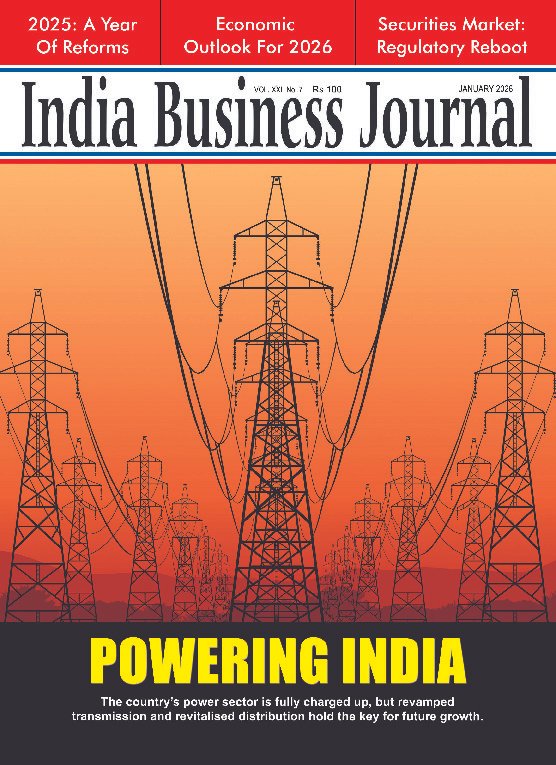


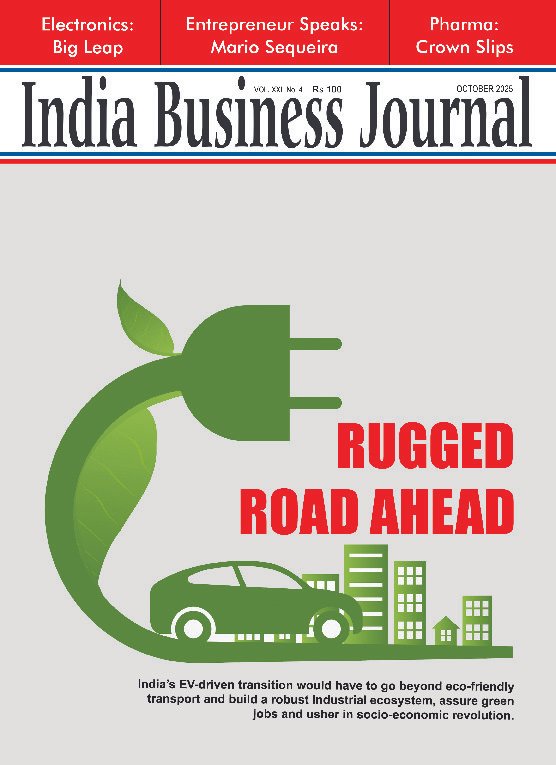
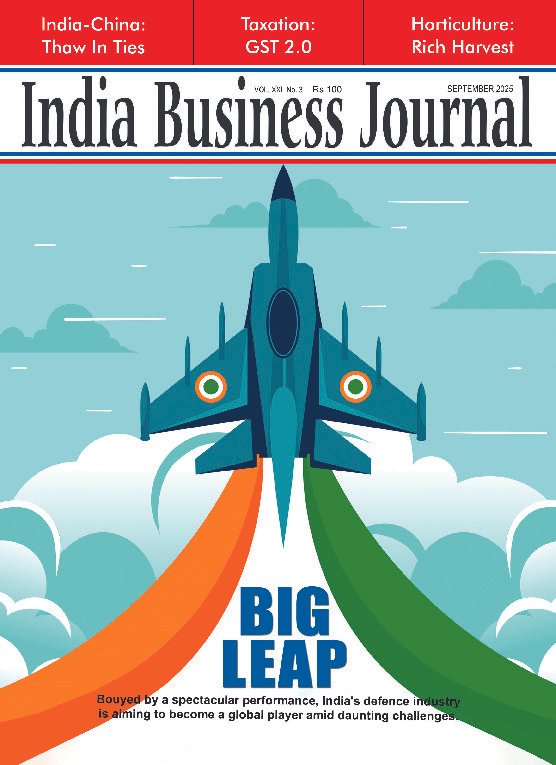





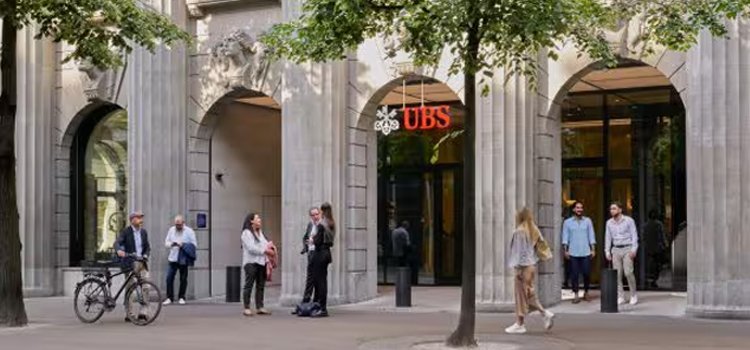

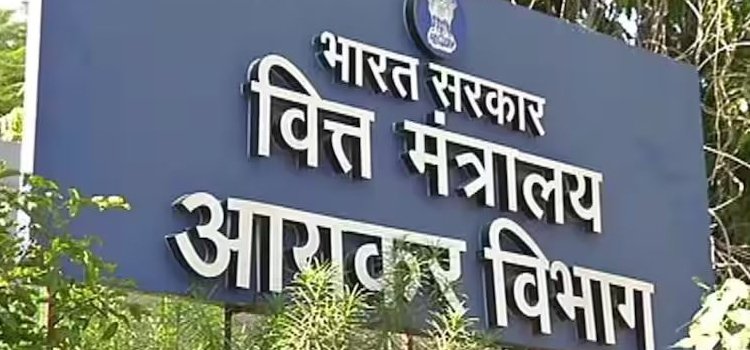
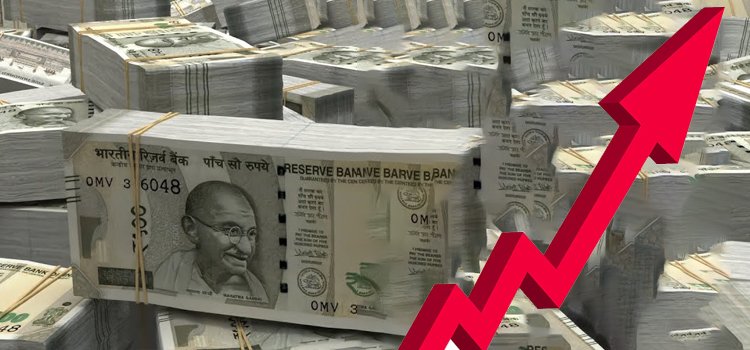
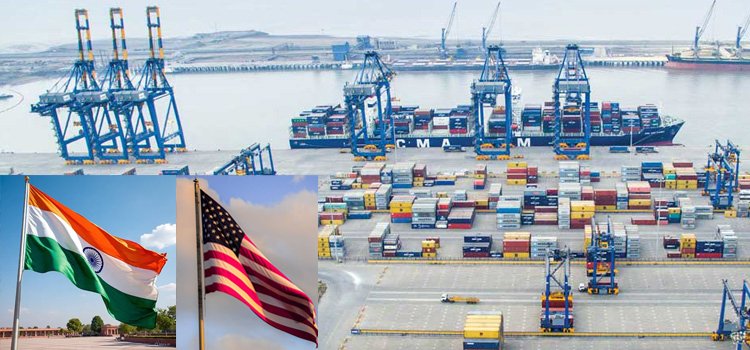





Report By
View Reporter News